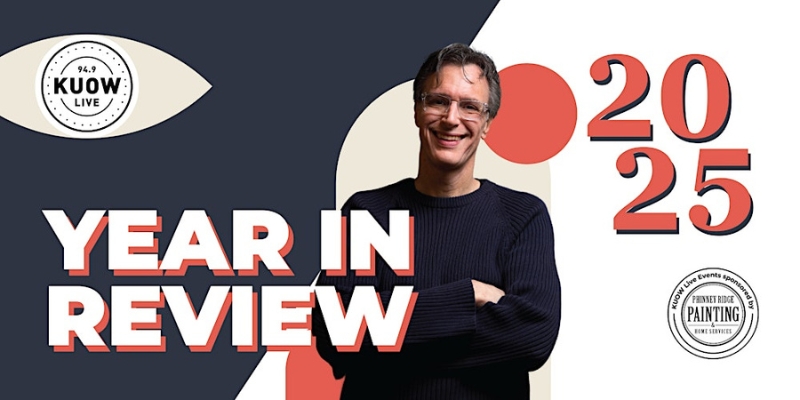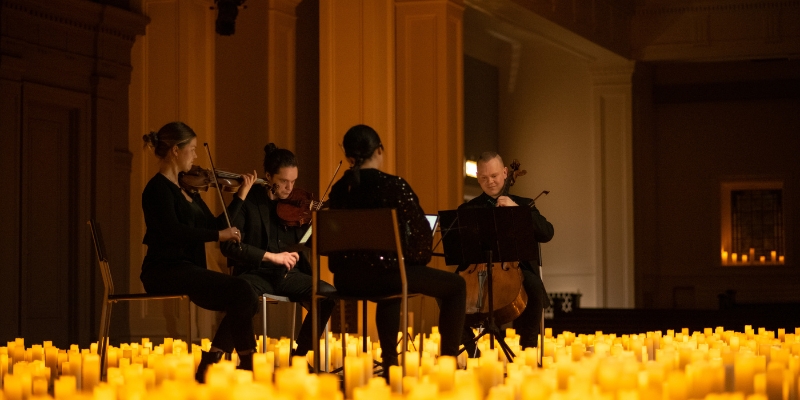Town Hall is excited to be teaming with The Common Acre to present the Seattle Pollinator Week Symposium at the Rainier Arts Center on June 19. The symposium takes place during National Pollinator Week—approved by the U.S. Senate 11 years ago—as a time to address the urgent issue of declining pollinator populations. Wild bees and other pollinators contribute to billions of dollars a year in global pollination service, yet relatively little is known about them. Why are they important? Let us tell you, by the numbers:
75%: Percentage of all flowering plant species that need pollinator for fertilization.
$20 billion: The worth of products produced in the United States, due to pollination.
200,000: Approximate amount of insect species that are pollinators, including bees, flies, beetles, wasps, ants, butterflies, and moths.
1,000: Approximate amount of vertebrate species that are pollinators, including birds and bats.
1,050: Approximate amount of crop plants grown, including coffee, almonds, and chocolate that wouldn’t grow without pollinators.
1/3: Fraction of all foods and beverages made possible by pollinators.
300: The number of fruits, including mangoes and bananas, pollinated by bats.
0.85 ounces: Approximate weight of a Mexican long-nosed bat—the pollinator of the blue agave plant that gives us tequila.
1,000: The amount of pollen grains required to be deposited on a watermelon flower within only a few hours to get marketable fruit.
1723: The year the word ‘pollen’ was first used. (It’s from Latin, literally ‘fine powder.’)
20,000: Approximate amount of bee species.
50%: The percentage loss of managed honey bee colonies in the United States since 1945.
$14.6 billion: The annual benefit of managed honey bees to agriculture.
Join us at the symposium to learn more about the ways our communities can help preserve our precious pollinators. Bee there!

